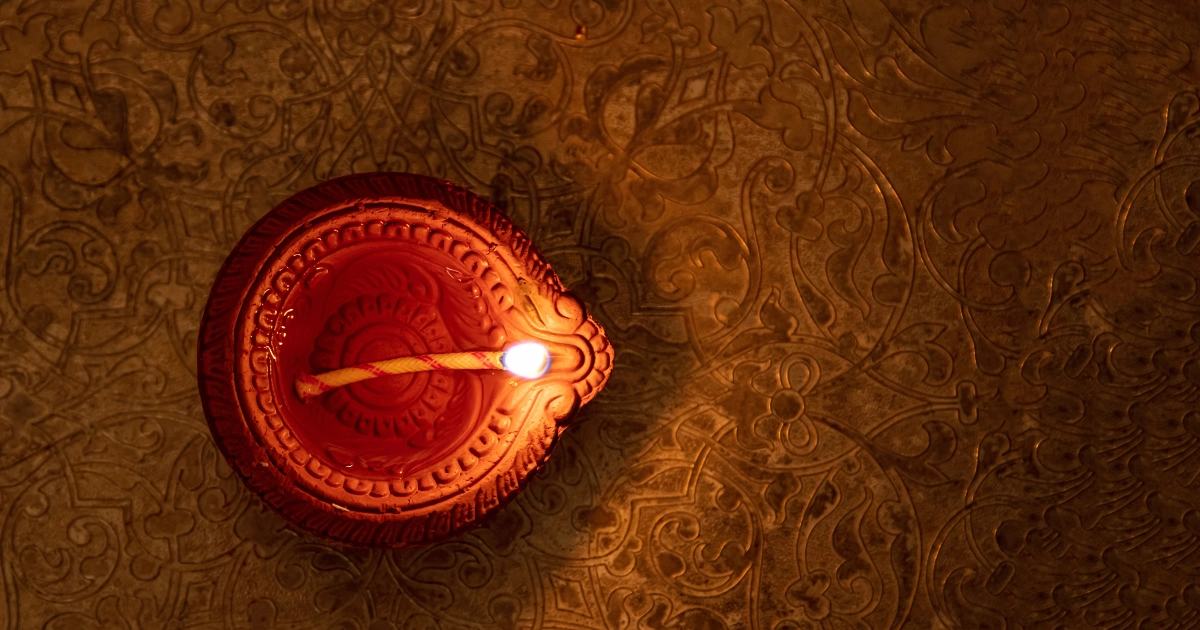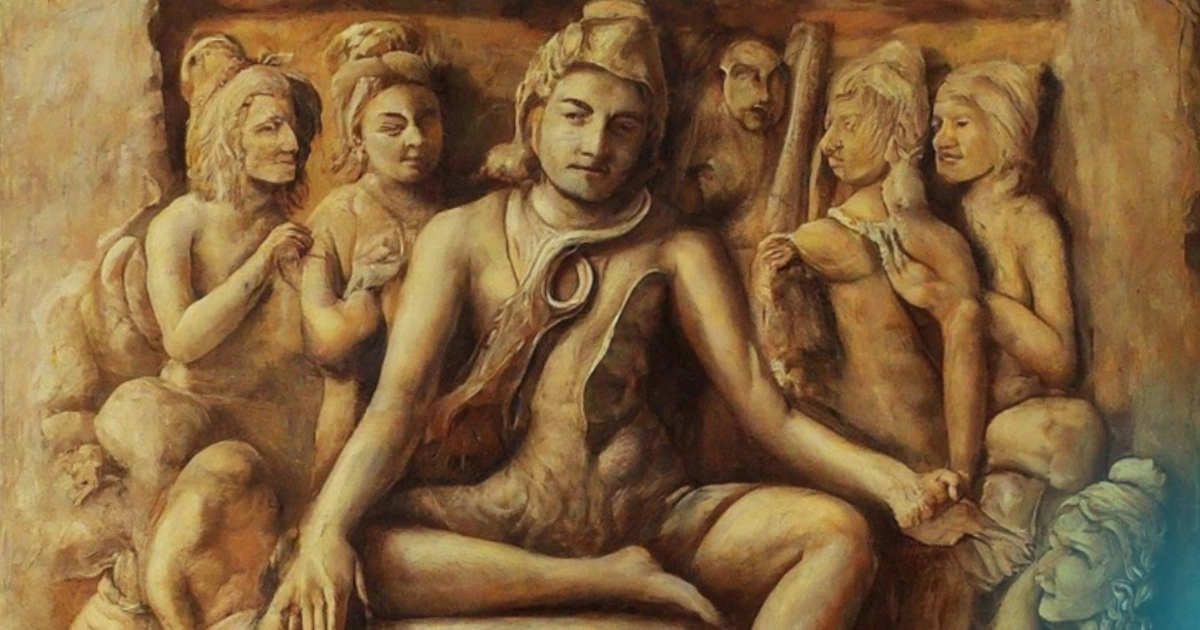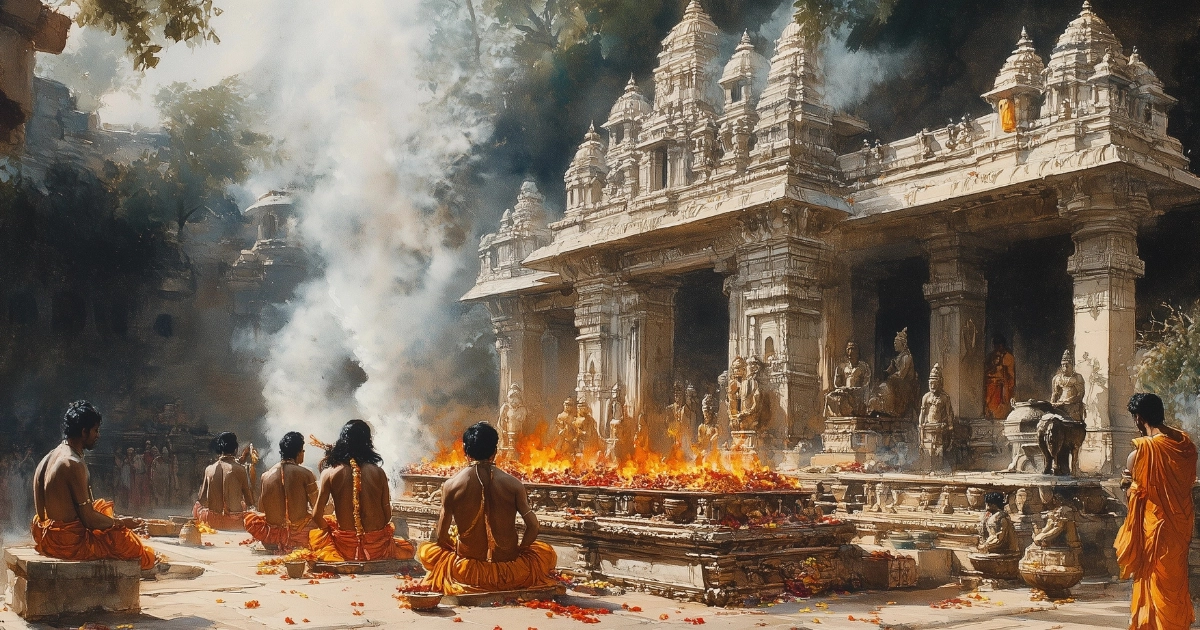
Skandamātā | Navadurgā - Part 5
The article is the fifth in the Navadurgā series, an overview of the Navarātrī festival. Part 5, aligning with the fifth of the 9 auspicious tithis of Navarātrī, describes her form as Skandamātā.
Dhīti is a blog for long form essays, expressions of civilizational voice, cinema and literature review, and more.

The article is the fifth in the Navadurgā series, an overview of the Navarātrī festival. Part 5, aligning with the fifth of the 9 auspicious tithis of Navarātrī, describes her form as Skandamātā.

The article is the fourth in the Navadurgā series, an overview of the Navarātrī festival. Part 4, aligning with the fourth of the 9 auspicious tithis of Navarātrī, describes her form as Kūṣmāṇḍā.

The article is the third in the Navadurgā series, an overview of the Navarātrī festival. Part 3, aligning with the third of the 9 auspicious tithis of Navarātrī, describes her form as Candraghaṇṭā.

The article is the second in the Navadurgā series, an overview of the Navarātrī festival. Part 2, aligning with the second of the 9 auspicious tithis of Navarātrī, describes her form as Brahmacāriṇī.

The article is the first in the Navadurgā series, opening with an overview of the Navarātrī festival. Part 1, aligning with the first of the 9 auspicious tithis of Navarātrī, describes her form as worshipped on pratipadā or prathamaḥ - Śailaputrī, the daughter of Himavān. She represents unwavering strength and determination, akin to the unyielding mountains, crucial for a sādhaka or seeker at the beginning of their journey.

The cultural progress of a society can be reviewed only by looking at the educational progress of the society. What is the origin of India's academic heritage? This essay answers.

The article explores how modernity has led to the disenchantment and de-ritualization of society, emphasizing the loss of rituals, community, and meaning, and argues for the revival of ritual to re-enchant life and counter the atomization of individuals in a capitalist, neoliberal world.

This article provides an overview of the existing and emergent landscape of the Indian Knowledge Systems (IKS).

On developing dharma-centric, culture-compatible public policy by reviving indigenous institutions and governance systems rooted in Bhārata's civilizational heritage to counter Western dominance in modern policymaking.